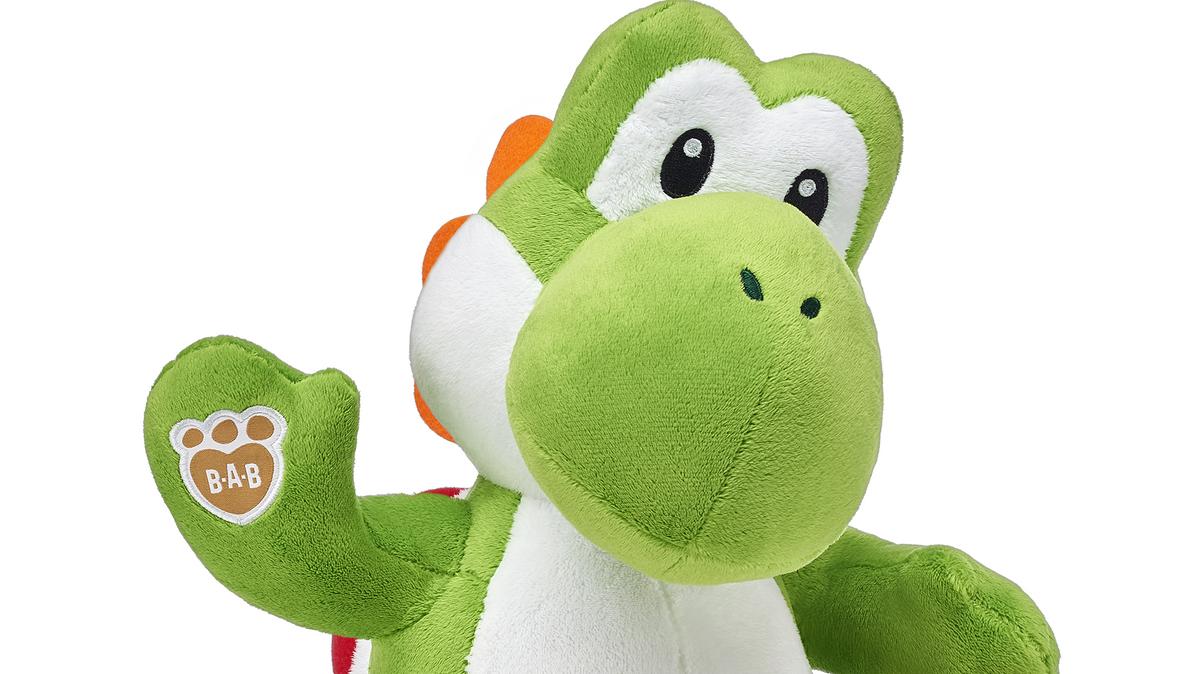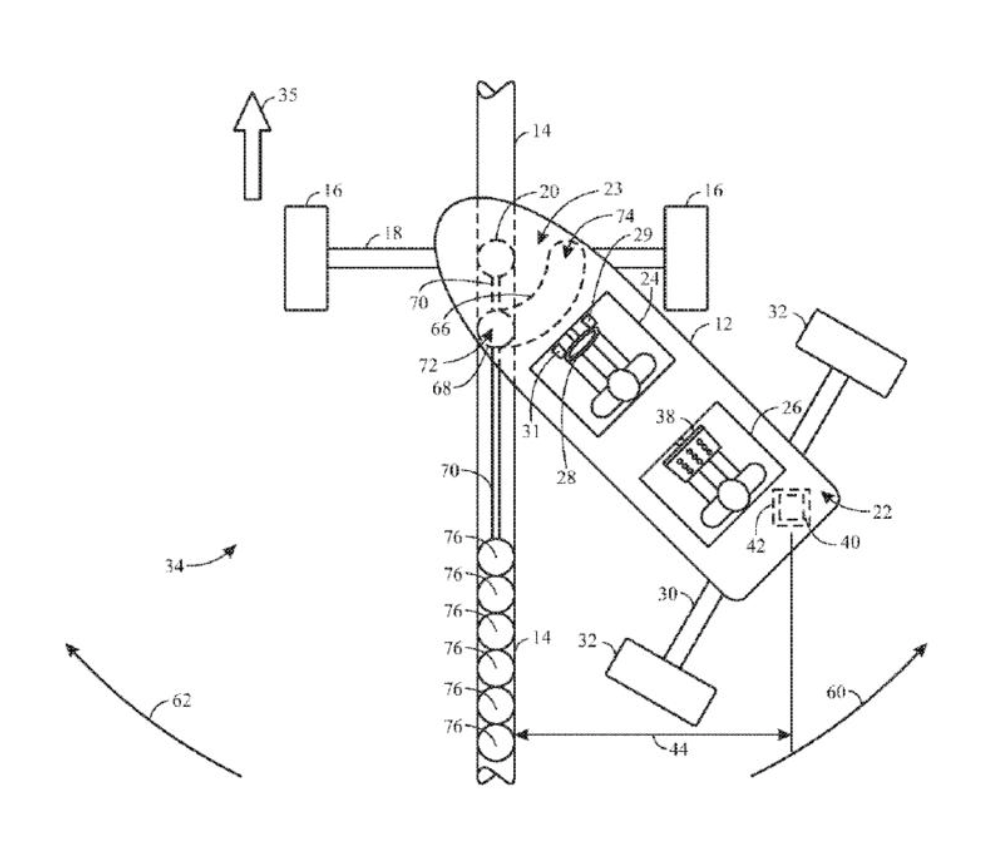

Released as the " Ultra Hand", it would become one of Nintendo's earliest toy blockbusters, selling over a million units. Yamauchi ordered Yokoi to develop it as a proper product for the Christmas rush.

In 1966, Yamauchi, upon visiting one of the company's hanafuda factories, noticed an extending arm, which had been made by one of their maintenance engineers, Gunpei Yokoi, for his own amusement. Because of the generally short product life cycle of toys, the company took the approach of introducing new products at a faster rate, marking the beginning of a major new era for Nintendo. 1966–1972: Toy company and new ventures ĭuring the 1960s, Nintendo struggled to survive in the Japanese toy industry, which was still small at this point, and already dominated by already well-established companies such as Bandai and Tomy. However, Yokoi soon became famous for much more than his ability to repair conveyor belts. In 1965, Nintendo hired Gunpei Yokoi as a maintenance engineer for the assembly line. Japanese households stopped buying playing cards, and the price of Nintendo stock fell from 900 yen to 60 yen. In 1964, while Japan was experiencing an economic boom due to the Tokyo Olympics, the playing card business reached its saturation point. All these ventures eventually failed, except toymaking, where they had some earlier experience from selling playing cards. Between 19, Nintendo set up a taxi company, " love hotel" chain, food company (trying to sell instant rice, similar to instant noodles) and several other things (including a vacuum cleaner, Chiritory, which later appeared in a two-player minigame in WarioWare, Inc.: Mega Microgame$ in 2003). Nintendo now began to experiment in other areas of business using the newly injected capital. In 1963, 'Nintendo Playing Card Co., Ltd.' was renamed to 'Nintendo' by Yamauchi. Due to this success, in 1962, Yamauchi took Nintendo public, listing the company in Osaka Stock Exchange Second division. The tie-in was a success and the company sold at least 600,000 card packs in a single year. By tying playing cards to Disney and selling books explaining the different games one could play with the cards, Nintendo could sell the product to Japanese households. Previously, Western playing cards were regarded as something similar to hanafuda and mahjong: a device for gambling. In 1959, Nintendo made a deal with Disney to allow the use of Disney's characters on Nintendo's playing cards. This was a turning point for Yamauchi, who then realized the limitations of the playing card business. He was shocked to find that the world's biggest company in his business was relegated to using a small office. In 1956, Yamauchi visited the U.S., to engage in talks with the United States Playing Card Company (USPCC), the dominant playing card manufacturer in the United States, based in Cincinnati. In 1953, Nintendo became the first company in Japan to produce playing cards from plastic. to Nintendo Karuta ( 任天堂かるた), and in 1951 to Nintendo Karuta ( 任天堂骨牌) (writing "karuta" as "骨牌" rather than "かるた"). However, after his grandfather died he left to take office as the president of Nintendo. In 1949, Hiroshi Yamauchi was attending Waseda University in Tokyo. Nintendo's first headquarters in Kyoto, 1889 Subsequently, his son Hiroshi Yamauchi was brought up by his grandparents and he later took over the company instead of his father. Shikanojo later abandoned his family and did not become company president. Sekiryo Kaneda also had only daughters, so again his son-in-law (Shikanojo Inaba, renamed Shikanojo Yamauchi) was adopted into the family. Well as several other types of cards produced by Nintendo. In 1947, Sekiryo established a distribution company, Marufuku Co., Ltd., to distribute the hanafuda, In 1933, Sekiryo Kaneda established a joint venture with another company and renamed the company Yamauchi Nintendo & Co. In 1929, Fusajiro Yamauchi retired from the company and allowed Sekiryo Kaneda to take over the company as president. Following the common Japanese tradition, he adopted his son-in-law, Sekiryo Kaneda, who then legally took his wife's last name of Yamauchi. The cards, which were all handmade, soon began to gain in popularity, and Yamauchi had to hire assistants to mass-produce cards to keep up with the demand.įusajiro Yamauchi did not have a son to take over the family business. The name "Nintendo" is commonly assumed to mean "leave luck to heaven", but there are no historical records to validate this assumption. Based in Kyoto, Japan, the business produced and marketed hanafuda.

Nintendo was founded as Yamauchi Nintendo ( 山内任天堂) by Fusajiro Yamauchi on September 23, 1889.


 0 kommentar(er)
0 kommentar(er)
